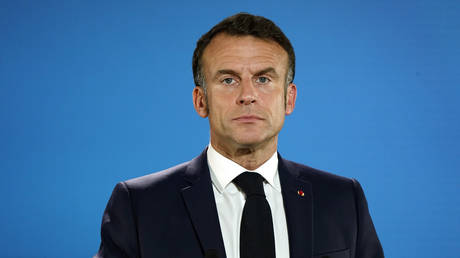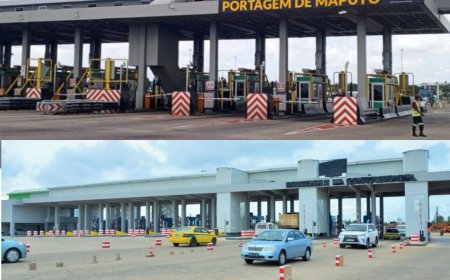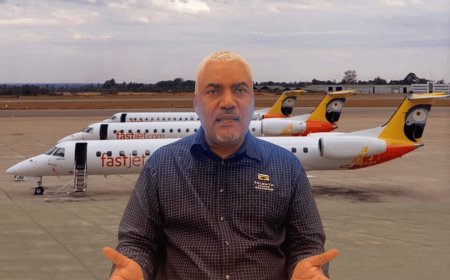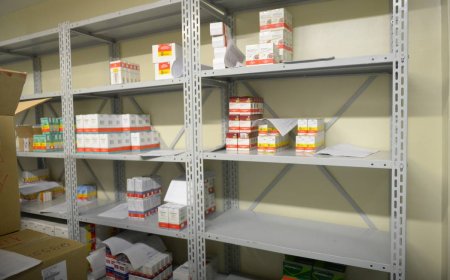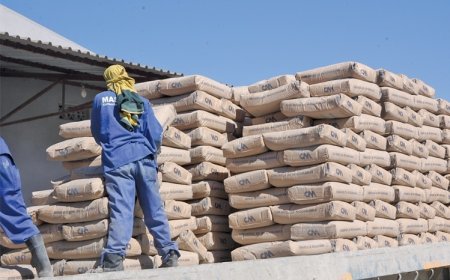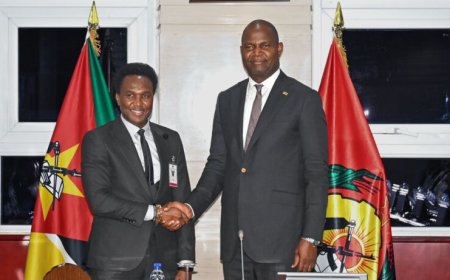General elections at risk: Government with empty pockets and desperate parties
The Mozambican government is facing an unprecedented liquidity crisis. Currently, public revenue is insufficient to meet societal needs, yet the government must provide services and carry out urgent tasks such as the general elections, which require significant expenditure.
This matter is being managed cautiously by the executive, which does not want to acknowledge the crisis with only 15 days left until the start of the election campaign. To date, not a cent has been transferred to the political parties registered to participate in the process, a factor that compromises the quality of the elections.
TORRE.News has learned from official sources that the government spends $2.1 billion on servicing the public debt (both internal and external), a result of the sum of amortizations and interest payments that have reached a historic peak.
The debt burden and the implementation of the Single Salary Table are major absorbers of revenue, further straining the tight treasury situation caused by the discrepancy between income and expenditure.
While amortizations and interest payments suffocate the treasury, the executive continues to resort to internal borrowing, with higher interest rates, to finance expenses, especially salaries and wages. The government is also managing several strikes in the public sector, with reports of salary delays.
“The amount spent on debt service represents a 70% increase compared to 2022 expenditure,” reads the Quarterly Bulletin on Public Debt, a Ministry of Economy and Finance instrument that depicts the central government's debt evolution in the first quarter of 2024, highlighting the behavior of the debt service stock and disbursements, which continue to rise meteorically.
Impact on the quality of the electoral process
Recently, the National Election Commission (CNE) "revealed" that it had not yet received the 260 million meticais budget from the treasury, intended for political parties to purchase campaign materials for the upcoming October elections. This situation highlights the challenges faced by the government's treasury and the potential impact on the quality of the October 9 election.
“At this moment, nothing has been disbursed for the election campaign,” said CNE spokesperson Paulo Cunica, shifting the responsibility to the Ministry of Economy and Finance, led by Minister Max Tonela, who recently avoided questions about the payment of overtime debt owed to teachers since 2021.
The situation is creating uncertainty among national political formations, especially the opposition, both parliamentary and extra-parliamentary, who rely exclusively on this budget for their political movements and logistical vote hunting.
Reactions from political parties
Renamo, the main opposition party, is one of those feeling the squeeze. Its leader started the pre-campaign late, allegedly due to a lack of funds, considering that the party's few savings were spent on the Renamo Congress, which elected Ossufo Momade as the presidential candidate.
“Because of the party's financial situation, we were not supposed to hold any congress. The president spent the few resources we had on this meeting, so we are limited in pre-campaign,” a well-placed Renamo source told TORRE.News.
The Mozambique Democratic Movement (MDM), the third-largest political force, says the delay will complicate the party's preparation, as importing materials is a time-consuming process. Currently, they do not see the possibility of having materials available by the start of the campaign.
“What will happen is that we will have to start the campaign without election propaganda material,” said Ismael Nhacucue, the party's spokesperson, in contact with TORRE.News. Nhacucue added that, according to CNE’s promise, parties expect the funds to be disbursed by the end of the month.
The PODEMOS party considers the delay in channeling funds by the CNE to be an act of bad faith and a clear violation of the law. Party President Albino Forquilha says the delay is primarily aimed at hindering party preparations, which he sees as an affront to democratic principles.
“In principle, this is not only bad faith but also a legal breach because the law stipulates that political parties be granted these funds for the sake of democracy. Therefore, these funds should be disbursed in advance to allow political parties to organize,” Forquilha said.
Meanwhile, the New Democracy (ND) party says the delay in fund disbursement amounts to sabotage by the CNE to benefit the Frelimo party.
“What worries us is that this is yet another moment of irregularities and political sabotage to ensure that other actors do not compete on equal terms with those in power since independence,” said ND spokesperson Armando Mahumana.






